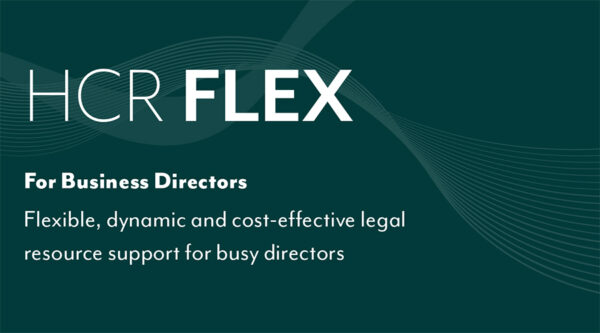

The importance of robustly drafted distribution agreements can’t be understated. In this article we offer some key tips and pointers when negotiating a distribution agreement to ensure your business starts on the right footing.
Price and payment
Consider:
- Clear provisions around the cost of goods or services
- Ensuring payment terms are suitable for your business and consider how this may impact cash-flow
- Implementing a price-review mechanism clause or add in a required notice for price increases. A standard increase is often linked to inflation and a pricing index, but you may also decide to include a right to increase for specific factors, for example, the cost of raw materials going up.
Furthermore:
- Ensure that you consider the method of payment and check which currency your agreement deals in as there may be extra elements to consider as a result. For example, distribution agreements that deal in a currency other than sterling are at risk of currency rate fluctuations.
Term/duration
Ensure that you:
- Consider minimum term periods before either party may terminate
- Establish if there is a right of renewal.
Termination
Termination clauses are a key part of the agreement. Extra care should be taken when approaching these clauses.
Consider termination for:
- Breach, or material breach
- Change of control of the other party
- Failure to achieve minimum sales or purchase targets.
Trademarks and Intellectual Property (“IP”)
It is important to identify the trademarks, and any other IP rights, that the distributor will need a licence to use for the purposes of the distribution agreement.
If you don’t own the intellectual property rights (IPRs), then ensure that the licence is granted by the owner(s) or that you have the right to sublicence.
Liability
Parties should approach drafting the limitation of liability carefully and ensure that any exclusion of liability is clearly stated.
Consider:
- If the other party is insured for the liability which may incur under the agreement or has the financial resources to satisfy its liabilities under the contract
- If liability is limited by a cap
- If that cap or limits are acceptable to the business and appropriate for the risks involved
- If the business has sufficient insurance coverage to ensure it has the financial resources to satisfy its liabilities under the contract.
A carefully drafted distribution agreement is key for successful business and supplier relations. If the above considerations are overlooked, this may impact the validity of the agreement, resulting in financial loss. Therefore, a robust agreement can be invaluable to ensuring your business is profitable as well as protected.










